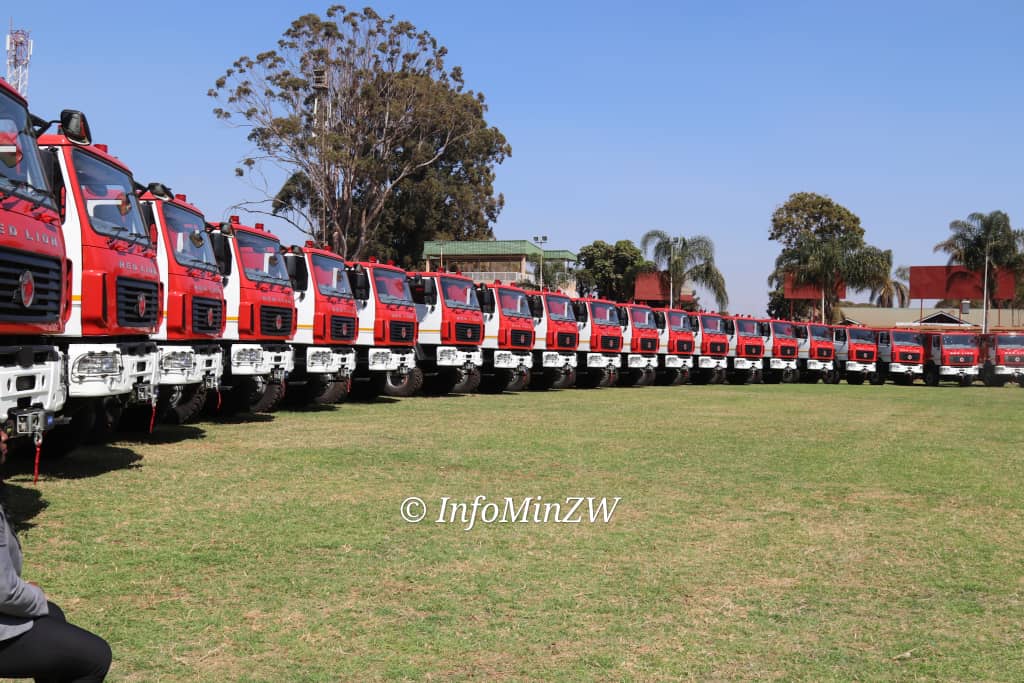War against GBV intensified
Share

Staff Reporter
MARONDERA- All stakeholder participation is key towards reducing all forms of Gender-Based Violence (GBV) and harmful practices as well as a gender-just society by 2030.
GBV is an umbrella term that encompasses any harmful acts done or perpetrated on an individual against their will, including sexual, emotional, psychological or physical harm and it remains one of the country’s major concerns as it has been a barrier to active participation the development by women.
National GBV coordinator Magdelene Chavhunduka said this at a provincial coordination meeting which coincided with an update of the latest trends of the vice in the country.
The meeting was held in Marondera recently.
Last year, Zimbabwe launched the National Gender-Based Violence Strategy (2023-2030) which was part of collaborative efforts between the Government, the European Union and the United Nations.
Chavhunduka said: “As we try to achieve a gender-just society, we all have to play our roles and all stakeholders must be involved in that. Zimbabwe launched the strategy as part of its efforts to tackle GBV head-on and promote women and girls’ human rights. The implementation of the plan of action of the high level political compact is also amongst our strategic priorities.”
Child marriages are prevalent in rural areas, with Mashonaland East accounting for 22 percent of them putting the province among the top five where such cases have been recorded. Such cases have also been recorded in Mashonaland West, Mashonaland Central and Harare provinces.
“Women have been suffering physical, emotional and sexual abuse, among a host of violations of their rights. The gaps in gender inequality have to be closed hence the role of every stakeholder cannot be over-emphasised. Various Government departments, the civil society, traditional leaders, religious leaders and other stakeholders should pull in one direction so that we can achieve the aspirations of our country’s GBV strategy.”
Provincial development officer in the Ministry of Women Affairs, Community, Small and Medium Enterprises Development, Tendai Nyamadzawo bemoaned child marriages in Mashonaland East, which he said were rampant in Uzumba-Maramba-Pfungwe (UMP) district.
He said: “As a province, we have been recording many cases of child marriages and most of them have been reported in UMP district. It is probably because of the economic trends in that district as it is known that most mining activities take place there. The illegal panners have been identified as the ones who fuel the growth in trends of such marriages as they use their cash to lure young girls, most of whom would be school drop-outs.
“We have been engaging traditional leaders in that district and came up with Community Charters. In the charters, members of the community take action against those who marry young girls or those who may have facilitated such moves. By so doing, the traditional leaders have shown their commitment to end child marriages.”
Last year, 201 anti-childhood marriages were held throughout the province.
It remains key for the country to implement the GBV strategy as it will go a long way in helping it create a peaceful and prosperous environment at homes and at workplaces as Zimbabwe takes aim at achieving an upper-middle income economy status by 2030.








